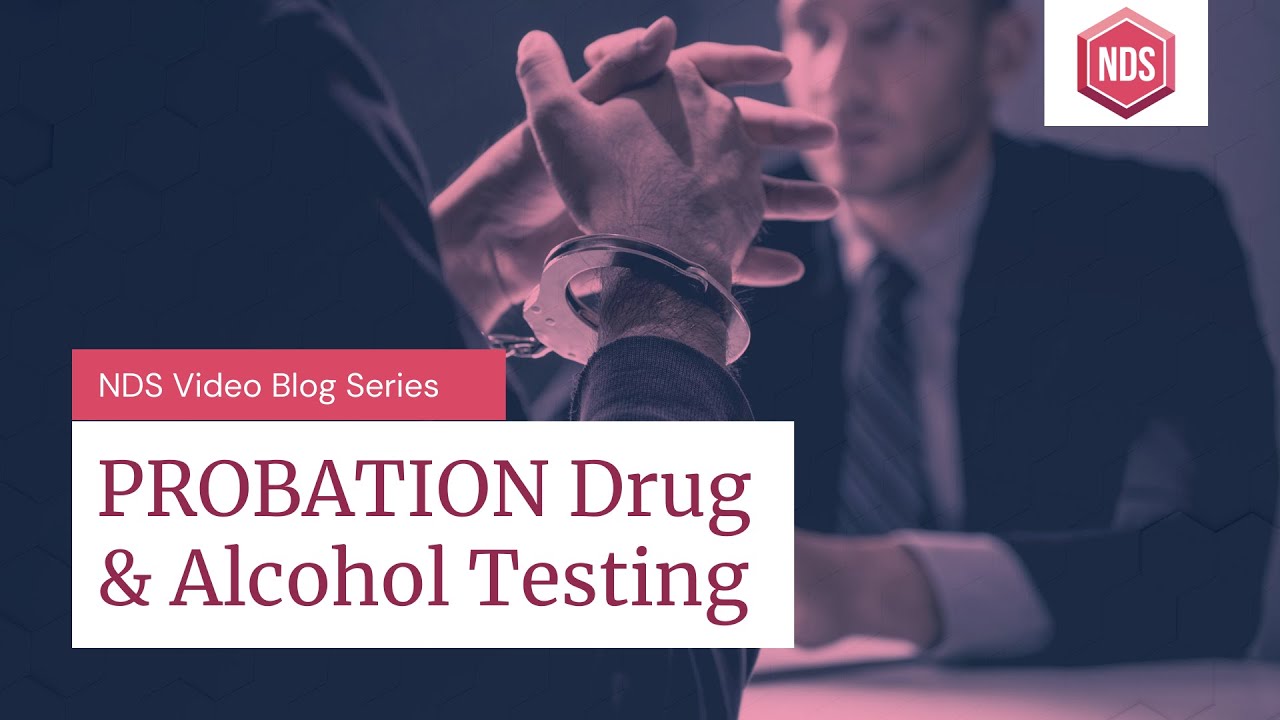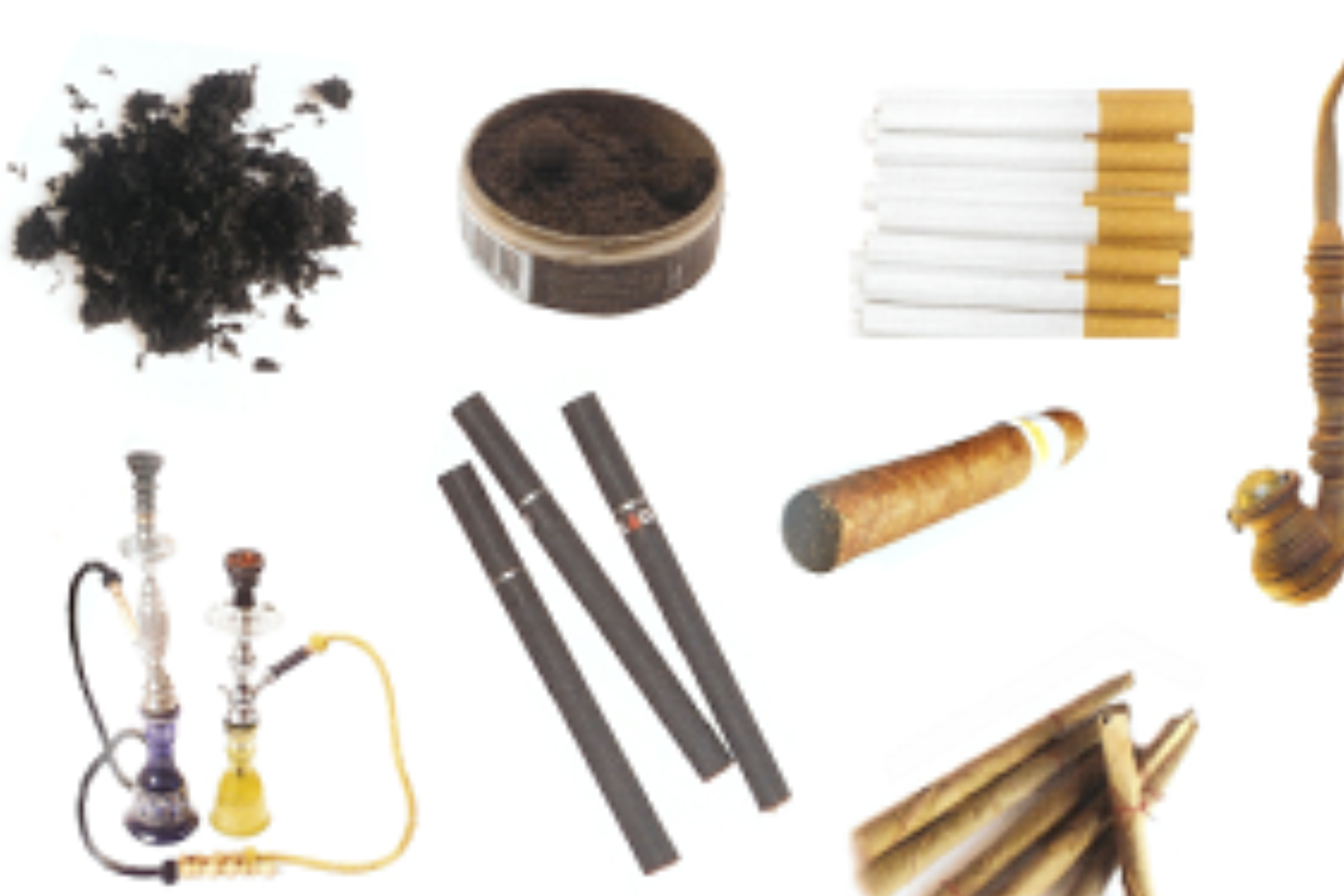Does Nicotine Show Up On Drug Test For Probation?
Nicotine is a highly addictive substance that is found in tobacco products such as cigarettes, cigars, and smokeless tobacco. Many people use nicotine in various forms for its stimulating and calming effects. But does nicotine show up on drug test for probation? This article will discuss the answer to this question.
Author:Suleman ShahReviewer:Han JuFeb 03, 202329.1K Shares388.6K Views

Nicotine is a highly addictive substance that is found in tobacco products such as cigarettes, cigars, and smokeless tobacco.
Many people use nicotine in various forms for its stimulating and calming effects. But does nicotine show up on drug test for probation? This article will discuss the answer to this question.
What Is A Drug Test For Probation?
A drug test for probation is a test that is used to determine if someone on probation is using drugs. The purpose of these tests is to ensure that those on probation are following the conditions of their release and are not using drugs. If you have concerns about legal consequences related to drug tests or probation, consulting an experienced Arizona DUI lawyercan provide valuable guidance.

Probation Drug and Alcohol Testing (Probation Drug Test Procedures)
Drug tests for probation typically screen for a wide range of substances, including nicotine, marijuana, cocaine, and other illicit drugs.
Does Nicotine Show Up On Drug Tests For Probation?
The answer is yes, nicotine can show up on drug tests for probation. However, it is important to note that not all drug tests screen for nicotine. The most common type of drug test for probation is a urine test, and this type of test can detect nicotine.
How Does Nicotine Show Up On Drug Tests?
Nicotine shows up on drug tests as cotinine, which is a byproduct of nicotine that is produced in the body after nicotine is metabolized. Cotinine is a stable compound that can be detected in the body for several days after nicotine use.
Factors That Can Affect Nicotine Detection
- The amount of nicotine used
- The frequency of use
- The type of nicotine product used
- The individual's metabolism
It is important to note that the factors listed above can affect the detection of nicotine on drug tests. For example, someone who uses nicotine frequently will likely have a higher level of cotinine in their system than someone who uses nicotine occasionally.
Similarly, someone who uses smokeless tobacco products, such as chewing tobacco, will likely have a higher level of cotinine in their system than someone who uses cigarettes.
How To Avoid Detection Of Nicotine On Drug Tests?
There is no guaranteed way to avoid the detection of nicotine on drug tests. However, if someone wants to minimize their risk of being detected, they can do the following:
- Avoid using nicotine products before the test
- Drink plenty of water to flush out the system
- Consult with a doctor to determine the best course of action
Should You Continue To Use Nicotine Even If You Did Not Test Positive For Drugs?
Nicotine use is a personal choice that depends on a person's health, lifestyle, and personal preferences, among other things. If you're on probation, it's important to know the rules for your release and follow any rules about drugs that may be in place.
Even if you didn't fail a drug test, you should still think about the possible health risks of using nicotine. Nicotine is a substance that is very hard to stop using and can hurt the heart, lungs, and other parts of the body.
If you are thinking about using nicotine, you should talk to a doctor or other medical professional to find out what the risks and benefits might be.
They can give you information to help you decide if using nicotine is right for you and help you find other ways to deal with stress or other things that may be making you want to use nicotine.
In the end, deciding to use nicotine should be based on a careful look at the risks and benefits, as well as how it might affect your health, lifestyle, and well-being as a whole.
People Also Ask
Does Nicotine Affect Sleep?
While you're smoking: Nicotine makes it hard to sleep, and smoking can also make it more likely that you'll get sleep problems like sleep apnea. But since nicotine is a stimulant, it can hide the fact that you are tired. After all, a hit of nicotine can wake you up and make you feel alert the next day if you're feeling sleepy.
Is Nicotine Worse Than Caffeine?
RSPH wants the public's confusion about nicotine to be cleared up so that smokers will be more likely to use safer forms of the drug. There are many chemicals in tobacco, including nicotine, but nicotine on its own isn't very dangerous.
Is Nicotine Good For Stress?
Some people smoke as a way to "self-medicate" their stress. But studies have shown that smoking makes anxietyand tension worse. People think that smoking relieves stress and anxiety because nicotine makes them feel calm right away.
Final Thoughts
Nicotine can show up on drug tests for probation, and it is important to understand the factors that can affect the detection of nicotine. While there is no guaranteed way to avoid detection, someone who is concerned about being detected can take steps to minimize their risk.
It is always best to consult with a doctor or other medical professional for advice on how to best handle a situation like this.

Suleman Shah
Author
Suleman Shah is a researcher and freelance writer. As a researcher, he has worked with MNS University of Agriculture, Multan (Pakistan) and Texas A & M University (USA). He regularly writes science articles and blogs for science news website immersse.com and open access publishers OA Publishing London and Scientific Times. He loves to keep himself updated on scientific developments and convert these developments into everyday language to update the readers about the developments in the scientific era. His primary research focus is Plant sciences, and he contributed to this field by publishing his research in scientific journals and presenting his work at many Conferences.
Shah graduated from the University of Agriculture Faisalabad (Pakistan) and started his professional carrier with Jaffer Agro Services and later with the Agriculture Department of the Government of Pakistan. His research interest compelled and attracted him to proceed with his carrier in Plant sciences research. So, he started his Ph.D. in Soil Science at MNS University of Agriculture Multan (Pakistan). Later, he started working as a visiting scholar with Texas A&M University (USA).
Shah’s experience with big Open Excess publishers like Springers, Frontiers, MDPI, etc., testified to his belief in Open Access as a barrier-removing mechanism between researchers and the readers of their research. Shah believes that Open Access is revolutionizing the publication process and benefitting research in all fields.

Han Ju
Reviewer
Hello! I'm Han Ju, the heart behind World Wide Journals. My life is a unique tapestry woven from the threads of news, spirituality, and science, enriched by melodies from my guitar. Raised amidst tales of the ancient and the arcane, I developed a keen eye for the stories that truly matter. Through my work, I seek to bridge the seen with the unseen, marrying the rigor of science with the depth of spirituality.
Each article at World Wide Journals is a piece of this ongoing quest, blending analysis with personal reflection. Whether exploring quantum frontiers or strumming chords under the stars, my aim is to inspire and provoke thought, inviting you into a world where every discovery is a note in the grand symphony of existence.
Welcome aboard this journey of insight and exploration, where curiosity leads and music guides.
Latest Articles
Popular Articles

